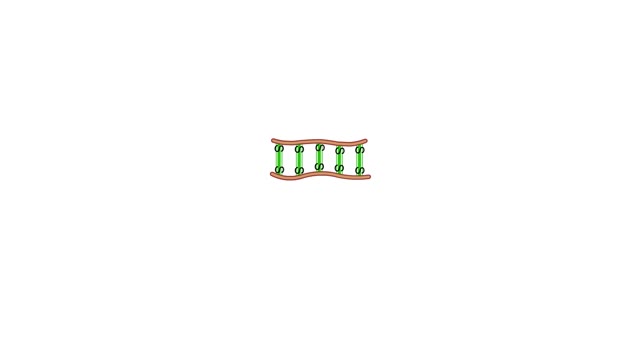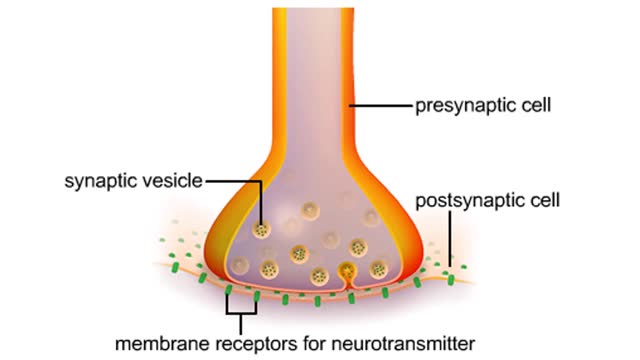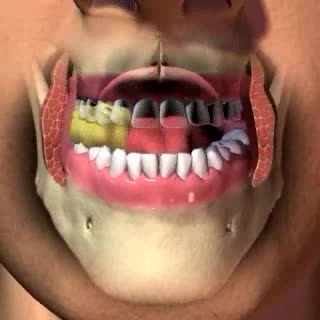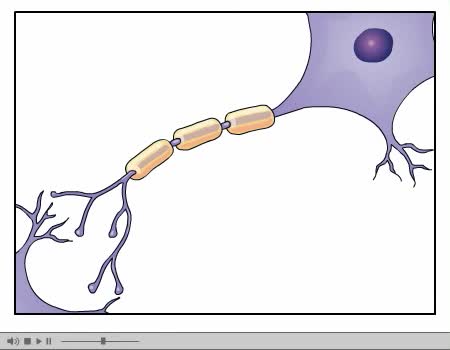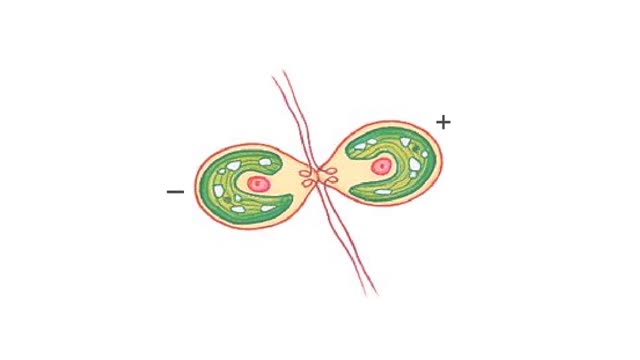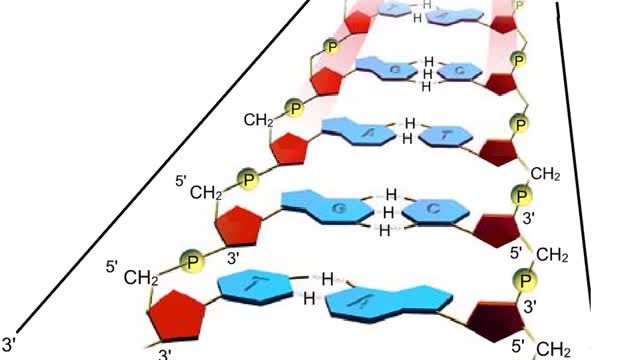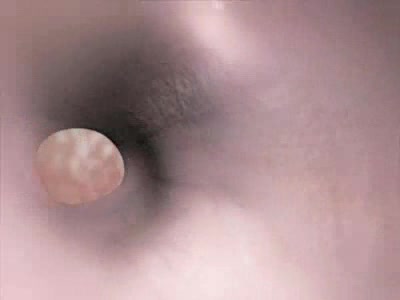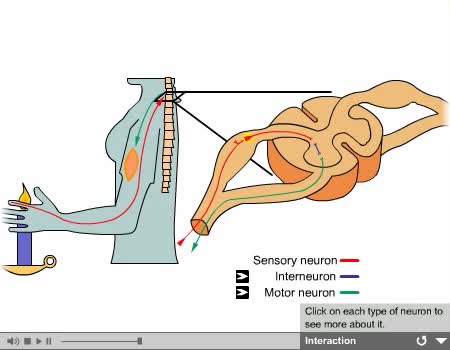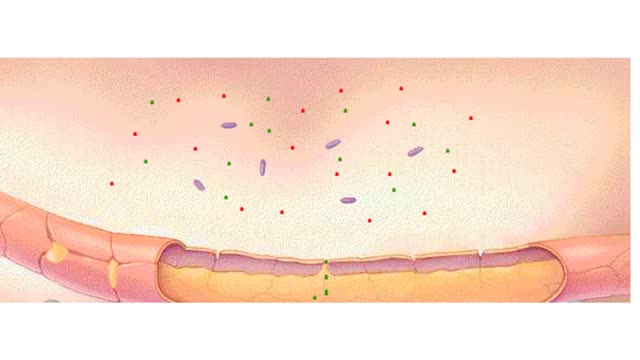Search Results
Results for: 'Animation'
Anatomy and Chemical Makeup of a Single Hair (Animation)
By: HWC, Views: 9275
The hair's outer cuticle surrounds hair cells filled with tough keratin macrofibrils. Each macrofibril consists of smaller microfibrils. A microfibril is made up of three keratin polypeptide chains. The chains are linked together by disulfide bonds. A hair consists of keratin chains held...
By: HWC, Views: 8302
A neuromuscular junction is a chemical synapse between the axon endings of a motor neuron and a muscle cell. A narrow synaptic cleft separates the presynaptic cell (the motor neuron) from the postsynaptic cell (the muscle cell). The presynaptic cell contains vesicles filled with neurotransmitt...
By: Administrator, Views: 14537
The mouth or oral cavity is formed by: - The hard and soft palates at the top or roof - the cheeks - the tongue - the lips Contains the teeth and salivary glands. The gingivae (gums) surround the necks of the teeth. The lingual frenulum is a thin fold of mucous membrane that connects...
Green alga life cycle Animation
By: HWC, Views: 5421
Chlamydomonas zoospores are haploid flagellated cells. As long as conditions are favorable, these cells reproduce asexually. As many as sixteen cells may form by mitosis within a parent cell. Daughter cells escape when the cell wall ruptures. When conditions become less favorable, the...
By: HWC, Views: 4772
A section from a DNA double helix The backbone of each DNA strand consists of alternating deoxyribose sugars and phosphate groups. The two strands run in opposite directions. One runs from the 5' to 3' direction, the other in the 3' to 5' direction. Think of the deoxyribose units o...
By: Administrator, Views: 13635
Everything you need to know about your heart
By: Administrator, Views: 14006
Interneurons: - Are called central or associative neurons. - Located entirely within the central nervous system. - They function to mediate impulses between sensory and motor neurons.
Inflammatory response Animation
By: HWC, Views: 7482
Any tissue damage or bacterial invasion can bring about inflammation. The inflammatory response can be triggered by an invasion of bacteria, or by a cut or other physical damage to cells. Chemicals, such as histamine, released by the bacteria or damaged cells. accumulate in the tissue. Thes...
Advertisement



